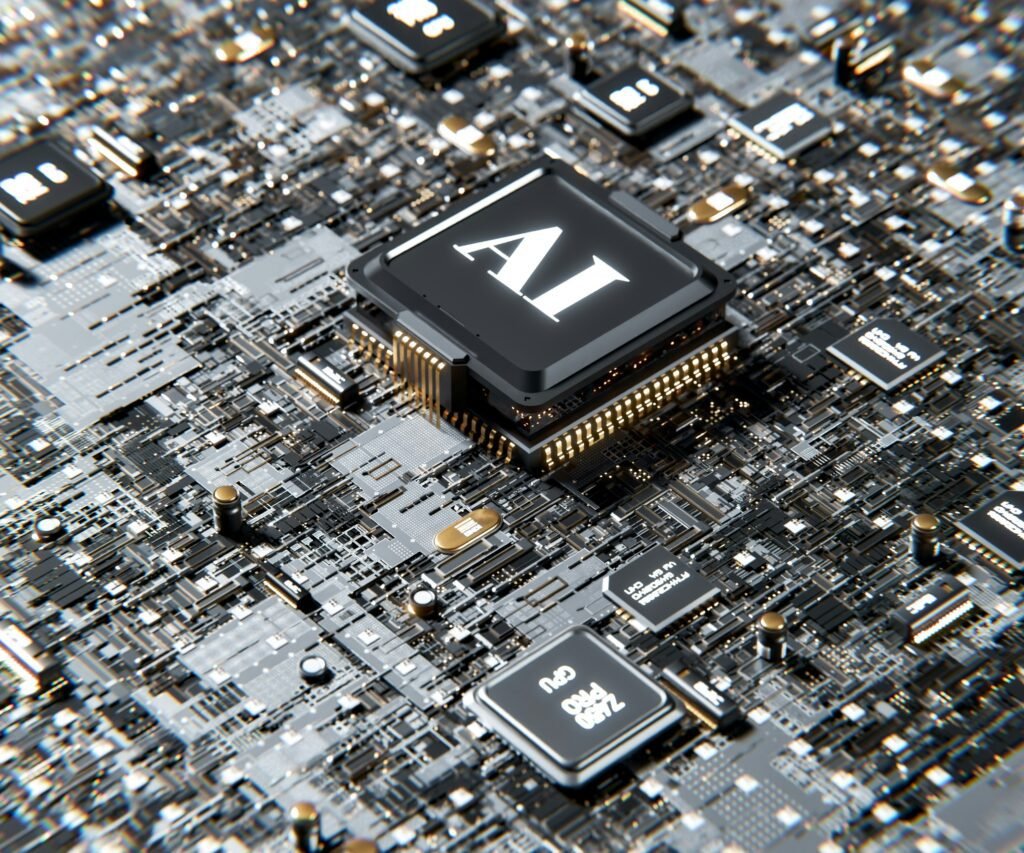
The software development landscape is undergoing a dramatic transformation, driven by the convergence of artificial intelligence (AI) and automation. These technologies are not only streamlining processes but also fundamentally altering the role of developers, fostering innovation, and accelerating the pace of development.
AI is automating repetitive tasks that traditionally consumed a considerable amount of developer time. AI-powered tools can now generate code snippets, entire functions, or even complete modules, significantly reducing development time and effort. AI-powered testing tools can automatically execute tests, identify bugs, and generate test cases, ensuring higher quality software with reduced manual effort. AI can also analyze code for errors, pinpoint potential issues, and even suggest solutions, accelerating the debugging process.
By automating mundane tasks, AI empowers developers to focus on more strategic and creative aspects of software development. Developers can dedicate more time to tackling complex challenges, designing innovative solutions, and improving the overall architecture of software systems. Freed from repetitive tasks, developers can explore new technologies, experiment with cutting-edge ideas, and push the boundaries of what’s possible in software development. AI-powered tools can also facilitate communication and collaboration among development teams, breaking down silos and fostering a more integrated development process.
AI and automation are revolutionizing the software development lifecycle, enabling faster time-to-market for new products and features. By automating tasks and streamlining workflows, AI can significantly reduce the overall development time, allowing businesses to respond more quickly to market demands. AI-powered tools can automate the CI/CD pipeline, ensuring that new code is tested, integrated, and deployed seamlessly, leading to faster and more frequent releases. AI can analyze historical data to predict potential problems and bottlenecks in the development process, allowing teams to proactively address issues and maintain a smooth workflow.
AI can play a crucial role in improving the quality and reliability of software. AI-powered tools can analyze code for potential vulnerabilities, security risks, and performance issues, ensuring that the final product is robust and secure. AI can help identify critical areas of the code that require more thorough testing, ensuring that potential bugs are caught early in the development cycle. AI can analyze real-time data to predict potential failures in software systems, allowing developers to proactively address issues and prevent downtime.
As AI and automation continue to evolve, we can expect to see even more significant transformations in the software development landscape. AI-powered low-code/no-code platforms will empower non-technical users to build and deploy applications, further democratizing access to software development. We can expect to see a proliferation of AI-powered tools and platforms designed to assist developers in every stage of the software development lifecycle. New development methodologies will emerge, leveraging AI to optimize workflows, improve decision-making, and accelerate the development process.
While AI and automation offer numerous benefits, it’s important to acknowledge the challenges and considerations. There are concerns that AI-powered automation could lead to job displacement for some software developers. It’s crucial to address ethical concerns related to AI, such as bias, fairness, and transparency. Ensuring the privacy and security of data used to train and power AI models is paramount.
Despite the advancements in AI and automation, the human element will remain crucial in software development. Developers will continue to play a vital role in defining requirements and understanding user needs. While AI can assist in generating code, it’s the human developer who understands the underlying business logic and user requirements. While AI can automate routine tasks, it’s the human developer who brings creativity, critical thinking, and strategic vision to the development process. Developers will need to understand how to effectively use and manage AI-powered tools, ensuring that they are integrated seamlessly into the development workflow. As these technologies continue to evolve, we can expect to see even more significant breakthroughs in software development, leading to more innovative, efficient, and user-friendly applications. By embracing the power of AI and automation while maintaining a human-centric approach, the software development industry can unlock its full potential and shape the future of technology.








